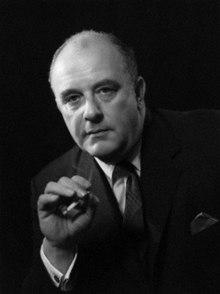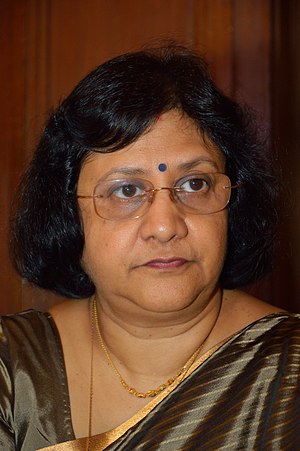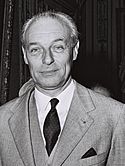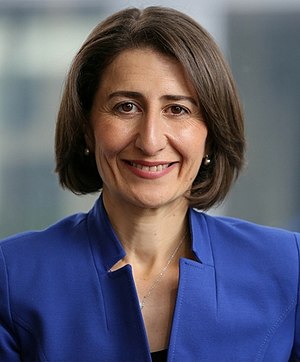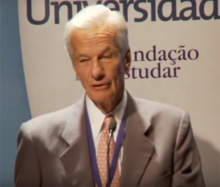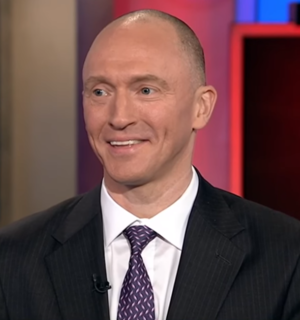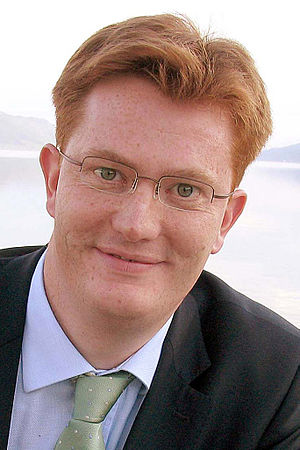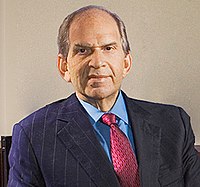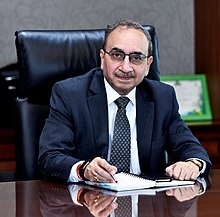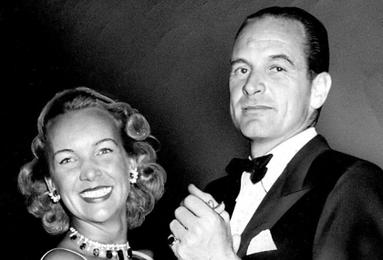In his 1994 book The Fifth Man, Australian author Roland Perry asserted that in 1993, after the dissolution of the Soviet Union, six retired KGB colonels, including Yuri Modin, the spy ring's handler, alleged Rothschild was the so-called "Fifth Man": "Rothschild was the key to most of the Cambridge ring's penetration of British intelligence. "He had the contacts", Modin noted. "He was able to introduce Burgess, Blunt and others to important figures in Intelligence such as Stewart Menzies, Dick White and Robert Vansittart in the Foreign Office ... who controlled MI6." However this suggestion is rebutted by other researchers; commentator Sheila Kerr pointed out that as soon as the book came out, Modin denied Perry's version of their discussions (having already stated that the fifth man was Cairncross), and concluded that "Perry's case against Rothschild is unconvincing because of dubious sources and slack methods". Noel Annan, who was criticised by the author Perry for a negative view of the latter's book and claims, writes: "Amid clouds of misstatements he [Perry] relies almost wholly on insinuation and bluster. ... when Andrew Boyle published his book and exposed Blunt, why did Margaret Thatcher acknowledge in the House of Commons the truth about Blunt, but later, in the case of Rothschild, clear him? Mr. Perry is saying she lied to the House. He tries to make much of her curt statement, "I am advised that we have no evidence that he was ever a Soviet spy." It is the only official reply she could have made. In MI5 jargon there was "No Trace" against his name". Christopher Andrew and Vasili Mitrokhin, in The Mitrokhin Archives, make no mention of Rothschild as a Soviet agent and instead identify John Cairncross as the Fifth Man.


